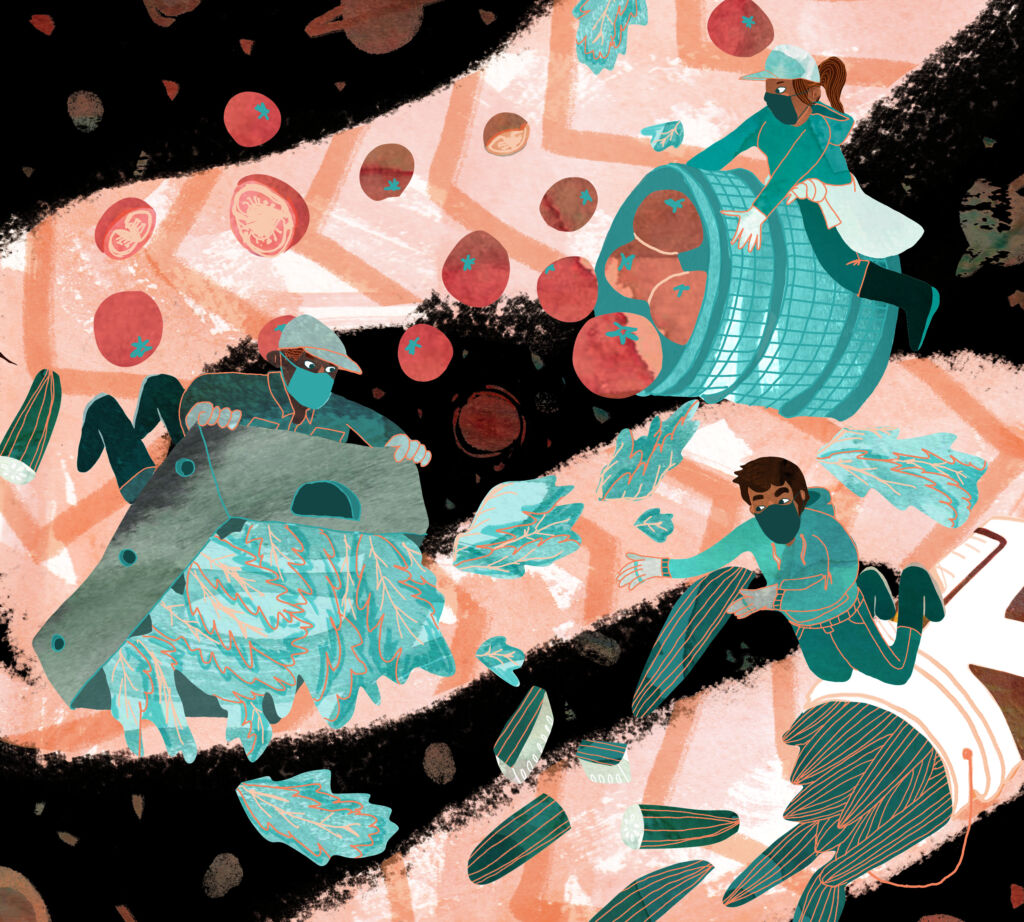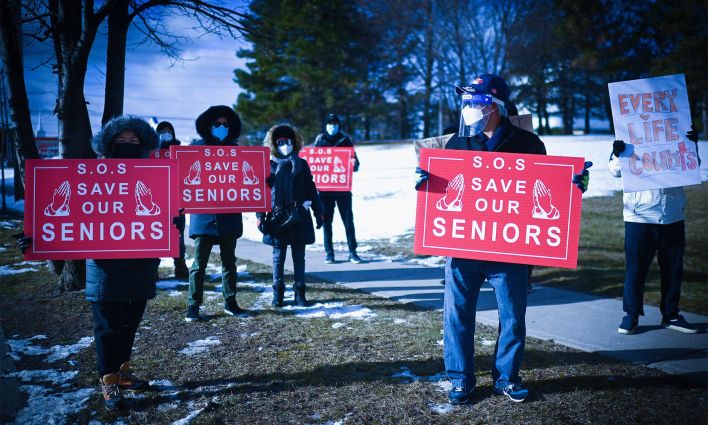In another life, I did a stint in chef school. When you’re first learning how to cook professionally, you have the basic elements of flavour drilled into you. Every dish comprises four key aspects: fat, acid, sweet, and salt. Building complex, well-balanced flavour means identifying all four in every dish (with bonus points for throwing in the elusive fifth element, umami).
At a cultural level, there was a massive shift a few years ago in identifying the main culprit for our dietary woes. While fat had been bearing the brunt of this blame through the late 20th century, consensus solidified around the new culprit. Sugar. Sugar was what was making everyone sick.
With a fresh target acquired, sugar taxes were proposed and implemented. New programs to get people away from sweets were rolled out. More and more conversations about addictions to the white stuff started taking over mainstream media. Though the sugar addiction study that kicked off so much of this concern has since been debunked, the panic and concern trolling around how people are eating hasn’t stopped.
Of course, many of the diseases that we aim to prevent can’t be seen. And the stand-in for them has, for the past century, been fatness. Fat1 people have had our collective health anxieties hoisted upon them despite the fact that 1 in 2 people classified by the Body Mass Index (BMI) as overweight are metabolically healthy and the only BMI weight class associated with an early death is the underweight category.
In her book, What we don’t talk about when we talk about fat, Aubrey Gordon describes having a complete stranger remove a cantaloupe from Gordon’s grocery cart and chiding her because the melon had too much sugar and, as a fat person, that was “the last thing” she needed.
When we accept the idea that sugar is bad, and that fat bodies need to be corrected, we are doing several things. First off, we are moralizing foods. Food is fuel, it has no moral value. There can be moral values associated with the conditions in which it is grown, prepared and sold, but foods themselves are neither good nor bad, neither clean nor dirty. Perpetuating these ideas is perpetuating not only a colonial mindset, but it is mystifying the act of eating. Similarly, when we value one body type over another, we are once again maintaining colonial ideals that celebrate a thin, white, abled body above all others. These beliefs have real world consequences.
Researchers found that in news stories about fat bodies, “articles that reported on [Black] or [Latinx people] were over eight times more likely... to blame obesity on bad food choices, and over 13 times more likely to blame it on sedentary lifestyles.” The authors concluded, “Such findings lend support to the theory that talk of an ‘obesity epidemic’ is serving to reinforce moral boundaries against minorities and the poor.”2
Committing to food justice means committing to the belief that people and communities know what is best for themselves but have been prevented from actualizing that plan because of a history of systemic violence and exclusion.
These beliefs about who fat people are informs how programs aimed to help food insecure people operate. Programs can be paternalistic, assuming that larger bodied participants are incapable of eating healthy without rigid rules and guidance. Programs can focus on participants losing weight or counting calories, creating barriers to accessing healthy and nutritious food.
Gordon writes “We don’t often ask ourselves what our response to fatness says about us, but it says so much about our empathy and our character. We spend so much time examining fat bodies in front of us that we fail to examine our response to them. We learn not to feel the heat and pressure that so many fat people face, and in doing so, we ignore our contributions to it.”
I think there is something worth repurposing from my chef school fundamentals. Just as every dish needs to have its balance of fat, acid, sweet, and salt considered, I would suggest that every program aimed at helping food insecure communities needs to have four key attributes evaluated: appropriateness, autonomy, accessibility, and joy. Is this program and food appropriate for the people it is trying to serve? Is it respecting and celebrating their autonomy? Are the ingredients accessible to the point that the participants will be able to continue using them after the program ends? Does this program or food bring the participants joy? If a food program doesn’t have these four elements, it is, as my old head chef would say, not making the pass.
It’s time to decolonize how we think about bodies and to actively commit to no longer policing other people’s. Committing to food justice means committing to the belief that people and communities know what is best for themselves but have been prevented from actualizing that plan because of a history of systemic violence and exclusion.
Let’s get cooking.
Notes
1 I use fat as a neutral, descriptive adjective, like many fat activists because it is a neutral, descriptive adjective and not a pejorative term.
2 Campos, P., Saguy, A., Ernsberger, P., Oliver, E., & Gaesser, G. (2005). The epidemiology of overweight and obesity: Public health crisis or moral panic? International Journal of Epidemiology, 35(1), 55–60. https://doi.org/10.1093/ije/dy...








